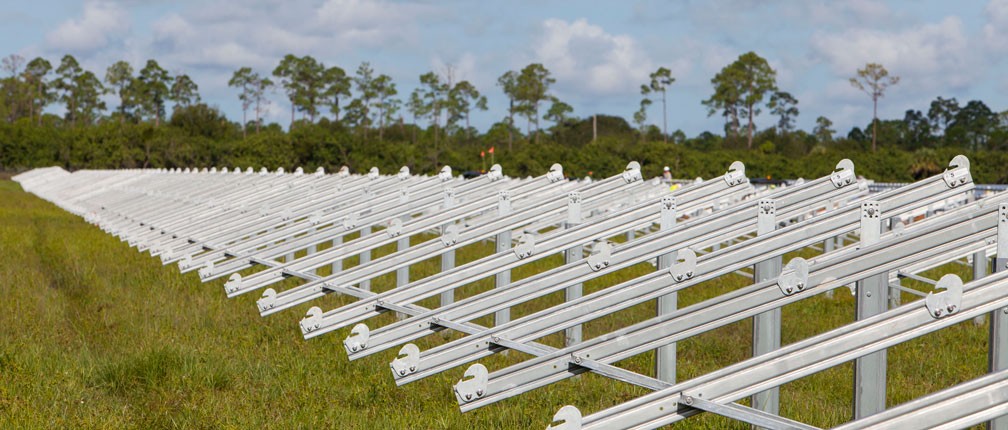Lafayette College, with a group of nine colleges and universities across the country, announced on Monday that it will work with a large-scale solar facility in western Kentucky to offset 100 percent of electricity on campus. The agreement will result in a renewable energy partnership that will also offset 40 percent of Lafayette’s total greenhouse gas emissions.
“I’m really excited to honor what we’ve committed to in the climate action plan and be part of this consortium,” college President Nicole Hurd said.
The college will work with NextEra Energy Resources, a “leading wholesale power generator,” according to its website. The colleges will support the Sebree Solar II project, a 20-year plan for this energy system. The project is set to begin construction in early 2025 and commence commercial operation by the end of 2026, according to the college’s website.
“Off-site systems are indirect, located away from the facility or company, and can be owned by either the company or by external sources,” according to Kingspan’s Planet Passionate Resource Center website.
These systems are “also, many times, the fastest way for companies to meet their corporate sustainability goals, minimizing the lag time that exists when deploying on-site systems and allowing customers to purchase renewable energy at scale,” according to the website.
Delicia Nahman, the director of sustainability, said that the planning of the agreement took “a number of years.”
“We went through a very extensive process of finding a developer and projects that met a number of our criteria, both from an economics perspective, but also from a minimizing risk perspective,” Nahman said.
Due to Kentucky’s distance from Lafayette, electricity will not be directly transferred to the college. When the college invests in renewable energy at the Kentucky facility, the college will receive renewable energy credits in exchange, according to Nahman.
Also known as renewable-energy certificates, these credits will be used to offset Lafayette’s electricity usage.
“We’re saying to NextEra, ‘We will purchase X number of megawatt hours from you for a 20-year period annually,’” Nahman said. One megawatt hour of renewable energy is equivalent to one energy credit to be transferred to the college, she added.
It is currently unknown how much the college will pay for the new agreement. Audra Kahr, the vice president for finance and administration, could not be reached for comment.
Nahman said that there are educational benefits to the agreement, including “receiving data from NextEra from this project so that that data can actually be utilized in a number of creative ways.”
“In classes and research, we will also be able to have students apply to internships at NextEra during a portion of the contract, and then NextEra has offered to provide speaking opportunities as well to colleges and universities in the consortium,” she continued.
Nahman said that the sustainability office is working with the Gateway Career Center regarding potential internship opportunities.
The project was cited as an example of the college’s significant emphasis on sustainability.
“I think it’s very much embracing thinking about sustainability in an aggressive way,” Hurd said. “This is all lining up to implement a strategic plan where purposeful sustainability is part of our framework going forward.”




















































































































